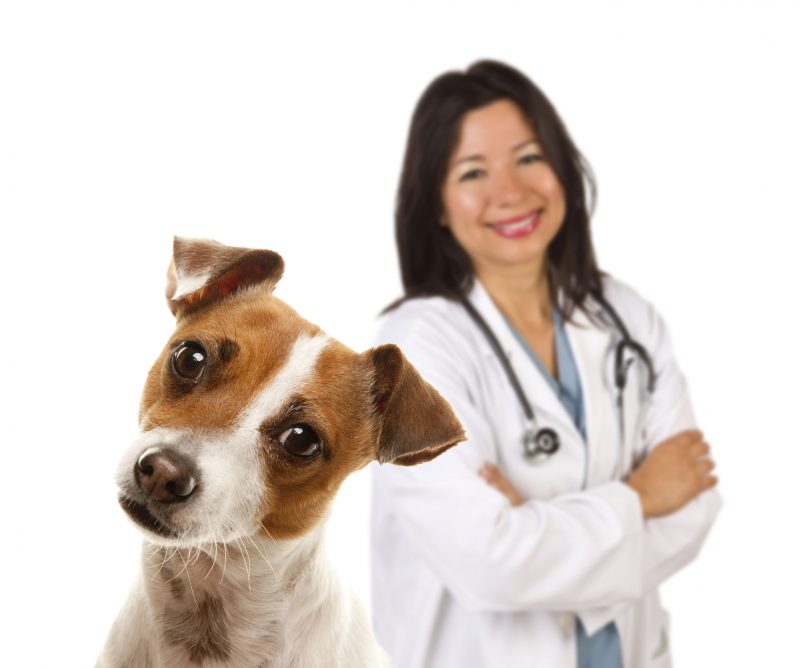If your pet has internal organs that are diseased, you may need a veterinary internal medicine specialist in Sicklerville area. Humans also require the help of an internist sometimes, and the veterinarian version is very similar to the human version of the doctor. These doctors can solve the body’s puzzles better than regular doctors or individuals, so it is important to see these specialists for yourself or your pet when they are recommended. There are many reasons your furry friend may require one of these internal medicine doctors, such as infectious diseases, endocrinology, gastrointestinal diseases and more.
Infectious Diseases
Infectious diseases sound worrisome, and if your pet has an infectious disease, you likely have a lot of questions and concerns. ID specialists can help with infections of the brain, heart, lungs, sinuses, bowels, bones and others. They can find diseases that are caused by viruses, bacteria, parasites and fungi. Specialists aren’t required for every infectious disease, but if your veterinary clinic requests your animal see a specialist, it is important that you listen to their advice and visit with them, as they are there to help your pet feel better and get well.
Endocrine Disorders
When your pet doesn’t feel well and you take them to the vet, they may be unsure of the problem and refer you to an internal medicine specialist in Sicklerville. Many times, the endocrine system starts working incorrectly, which is the system of glands that release and produce the proper hormones. It can affect the heart, bones, tissues and can cause more diseases, such as thyroid disease, diabetes and growth problems.
Typical disorders include Cushing’s Disease, Immune disorders, airway disease, difficult diabetes and more. Nonsurgical treatments are available for the many endocrine disorders, but proper diagnosis and treatment plans are important.
Gastrointestinal Diseases
Gastrointestinal diseases can affect many areas of the gastrointestinal tract, including the stomach, esophagus, rectum, large intestine, small intestine, liver, pancreas, gallbladder and more. If your pet comes in with a gastrointestinal problem, the vet will run tests and try to determine the problem. If the vet is unable to find what is wrong, the specialist will be called in and will run more tests to determine the cause and treatment options that are available for your pet. Symptoms such as vomiting, diarrhea and more can be cause for alarm, so pay attention to your pet’s behavior.


